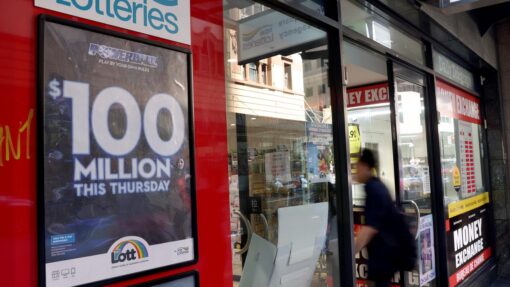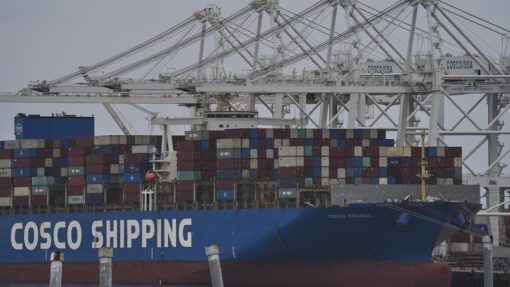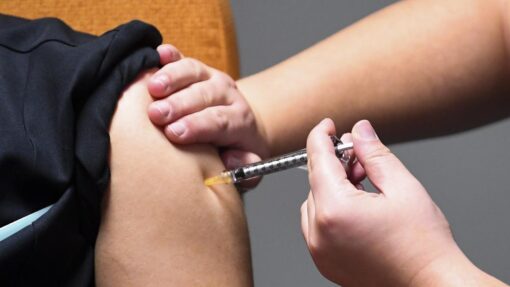Omicron surge leads to restrictions return
Andrew Brown |
Spiralling numbers of COVID-19 cases linked to the Omicron variant has led to state governments reintroducing pandemic restrictions.
As Victorians wake to new density limits in hospitality venues, NSW is reportedly set to shut nightclubs and some major events in response to the variant.
The Northern Territory has also implemented a territory-wide lockout for the unvaccinated.
It comes as NSW reported a record high daily case number of 38,625 infections on Friday, along with 11 deaths.
There are now 1738 COVID-19 cases being treated in NSW hospitals, which is an increase of more than 100 patients from the day before, with 134 in intensive care.
In Victoria, there were 21,728 new cases, slightly down from a record 21,997 the day before.
Victoria also registered six more deaths, while 644 infected people are in hospital. Of those, 58 are in intensive care and 24 are on a ventilator.
Chair of the Coalition for Epidemic Preparedness, Professor Jane Halton, said the new restrictions were sensible given the rise in infections.
“What we are trying to do now is manage this particular variant of the virus, and that means slowing its spread down,” Prof Halton told the Nine Network on Friday.
“This is very infectious, we know that, so people are going to have to be prudent for the next several weeks.”
Prime Minister Scott Morrison has urged Australians to check their eligibility for federal pandemic leave disaster payments, following the case surge.
The payment is worth $750 for each seven day period a person has been told to self-isolate or quarantine.
The rise in cases has led to a boost in demand for rapid antigen tests, which has caused widespread shortages and reports of price gouging at some retailers.
Large queues have been seen at PCR testing clinics across the country following the rapid test shortage.
Labor health spokesman Mark Butler told ABC radio Australia was at risk from a lack of rapid tests.
“There is a very serious risk the Australian community is going to be dumped by this fourth wave because Scott Morrison failed to do the hard work,” he said.
“The critical weapons in the fight against Omicron … are to make sure we’re getting boosters into people’s arms and to ensure we have a comprehensive rapid testing regime and (the prime minister) failed at both of them.”
Mr Morrison said 200 million rapid tests would be available in coming weeks but ruled out making them universally free. The government will instead provide 10 tests over a three-month period to more than six million concession cardholders.
Nearly three million people aged 16 and over have received their booster dose since the booster rollout began.
The time frame between doses was shortened earlier this week from five to four months between the second and third dose.
That will shorten again to three months by the end of January.
AAP


